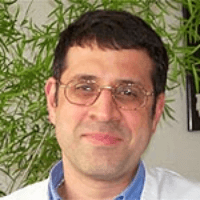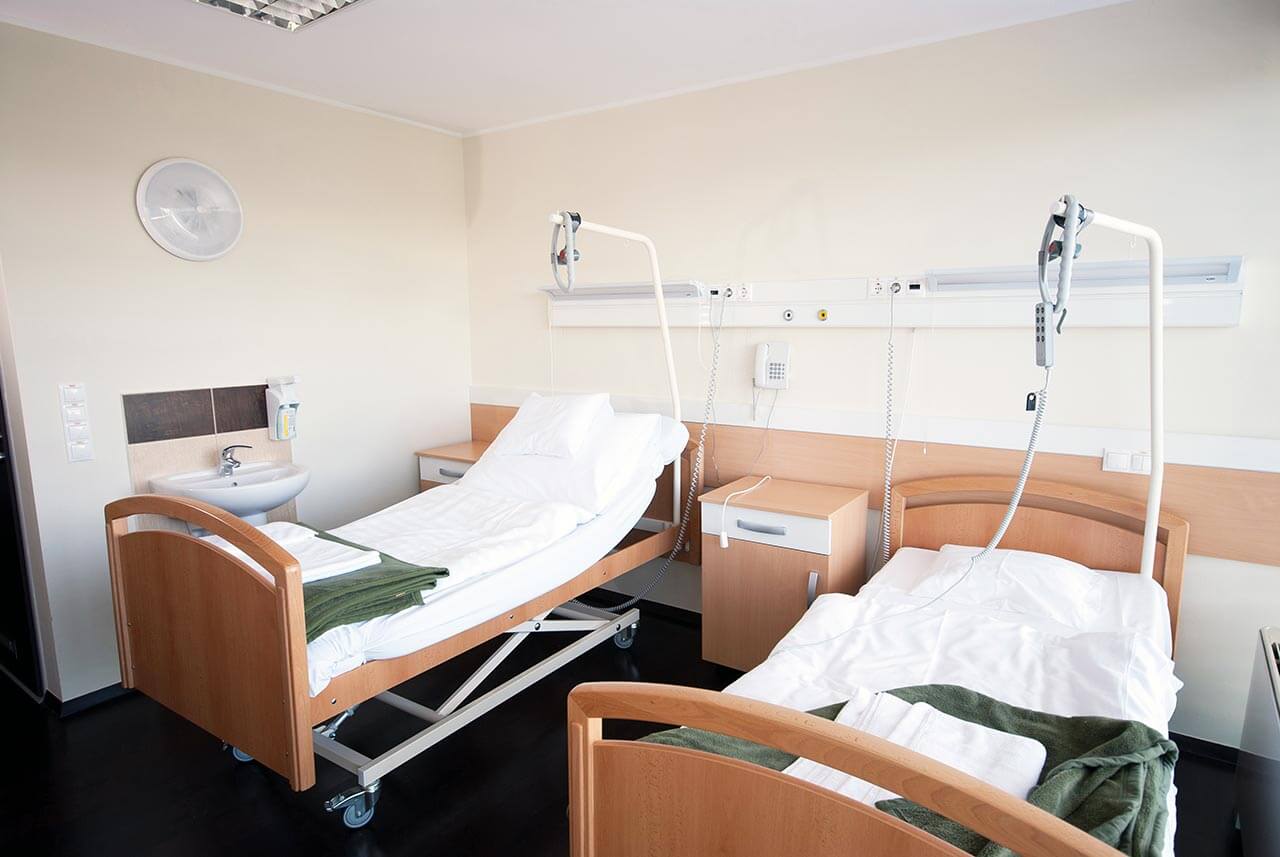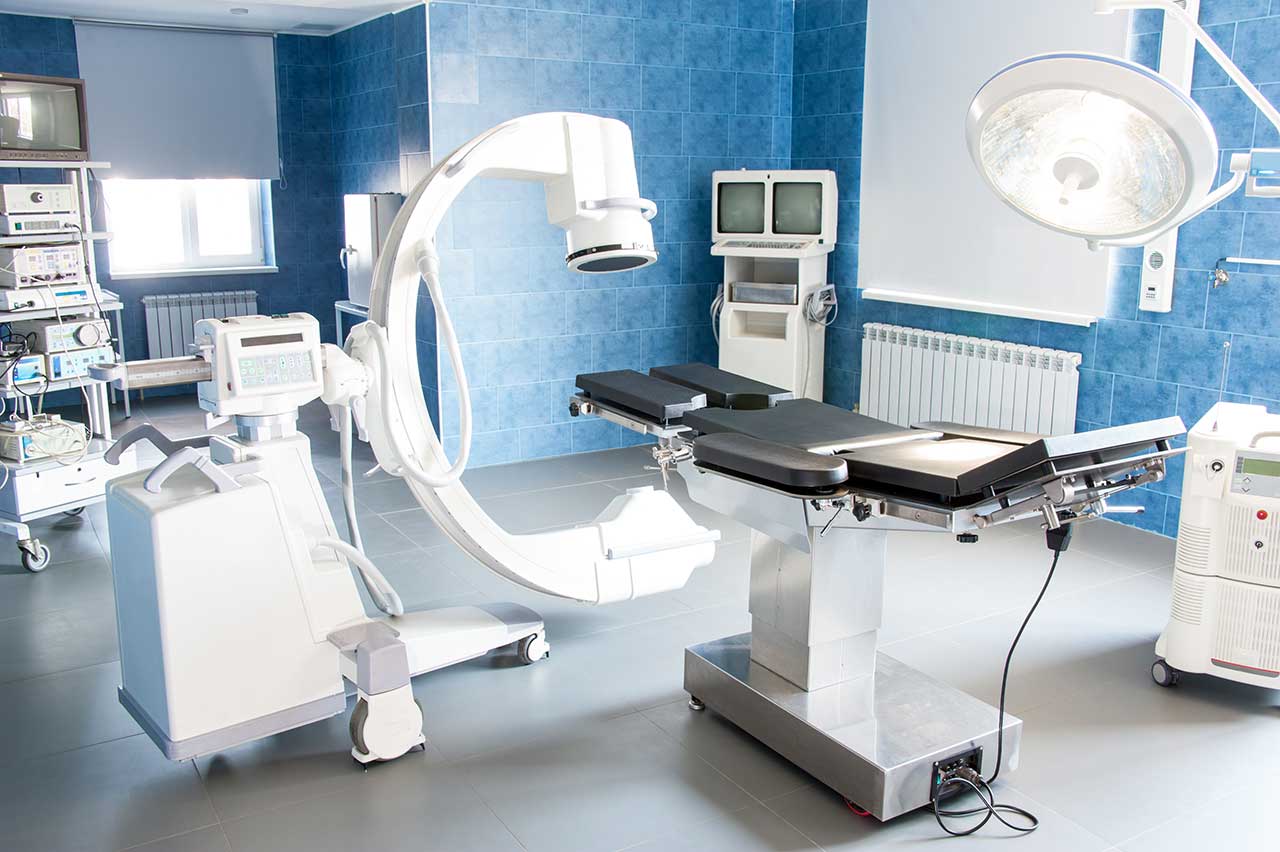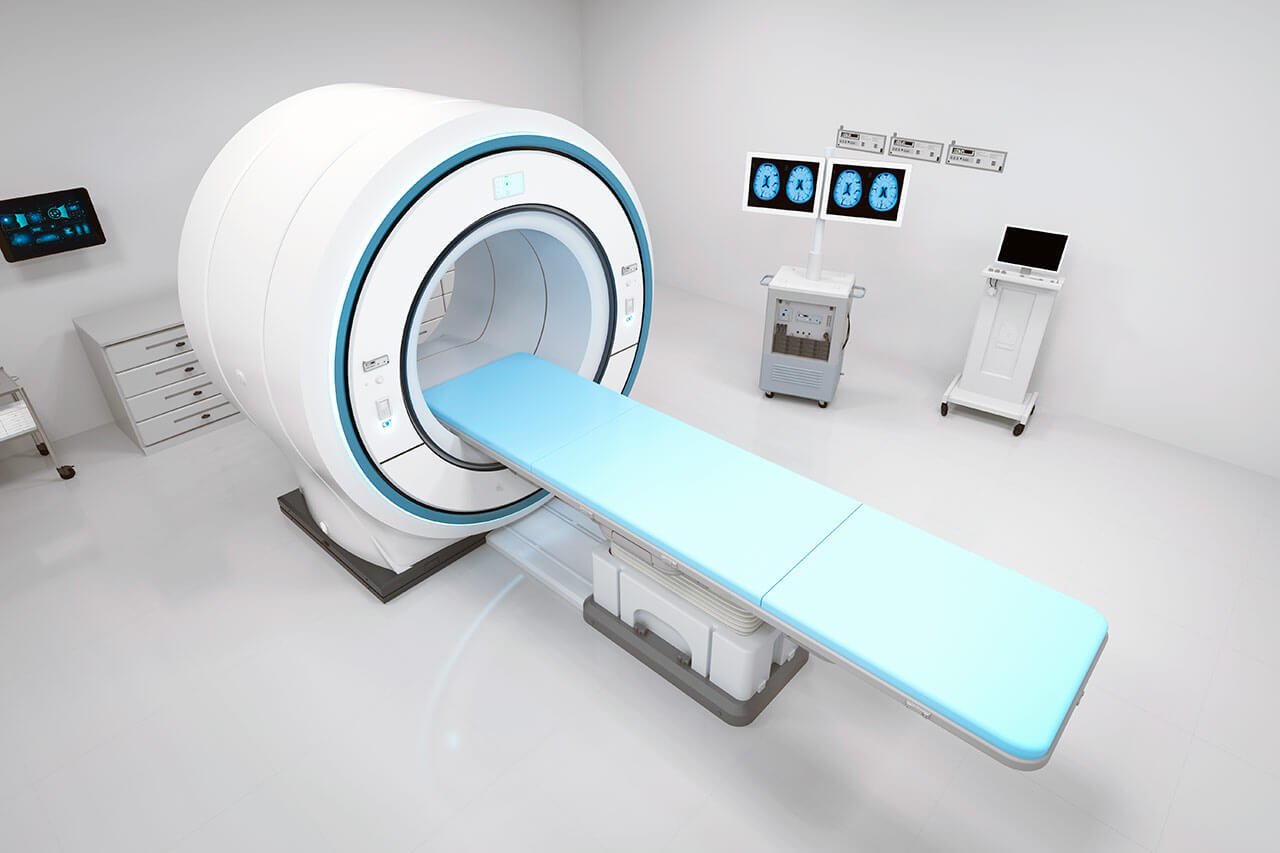
The program includes:
- Initial presentation in the clinic
- clinical history taking
- review of medical records
- physical examination
- laboratory tests:
- complete blood count
- general urine analysis
- biochemical analysis of blood
- inflammation indicators (CRP, ESR)
- indicators blood coagulation
- CT/MRI scan
- neuropsychological tests (on indications):
- ENMG (electroneuromyography)
- EEG (electroencephalography)
- SEPs (somatosensory evoked potentials)
- VEPs (visually evoked potentials)
- BAEP tests (brainstem auditory evoked potential)
- motor symptoms
- reflexes
- muscle strength
- Muscle tone
- coordination
- balance
- sensory symptoms
- sense of touch
- vision and eye movement
- hearing
- psychiatric symptoms
- mental status
- mood
- neuropsychological testing
- memory
- reasoning
- mental agility
- language function
- spatial reasoning
- psychiatric evaluation
- emotional state
- patterns of behaviors
- quality of judgment
- coping skills
- signs of disordered thinking
- vidence of substance abuse
- consultation of related specialists
- symptomatic specific treatment
- the cost of essential medicines and materials
- nursing services
- control examinations
- full hospital accommodation
- developing of further guidance
Required documents
- Medical records
- Genetic tests (if available)
Service
You may also book:
 BookingHealth Price from:
BookingHealth Price from:
About the department
The Department of Neurology and Early Neurological Rehabilitation at the Sana Hospital Duisburg deals with the diagnosis and treatment of diseases of the central and peripheral nervous systems and muscular disorders. The department is headed by Prof. Dr. med. Wilhelm Nacimiento, specialist in the field of neurology, special neurological intensive care medicine.
The main focuses of the department are diseases, such as stroke, multiple sclerosis, Parkinson's disease, Alzheimer's disease and epilepsy, as well as herniated discs and spinal cord diseases. In addition, stroke patients receive specialized medical care within the interregional certified Stroke Unit.
The Department of Early Neurological Rehabilitation provides treatment of severely injured patients after acute injuries, such as traumatic brain injury, stroke, inflammatory and expansive processes of the central nervous system, as well as treatment of impaired oxygen supply due to the cardiovascular failure. All employees of the department aim to maintain the greatest possible independence of the patient, as well as to return him/her to a previous social environment.
The department specializes in the treatment of the following diseases:
- Stroke
- Multiple sclerosis
- Spinal cord diseases
- Central motor disorders and neurodegenerative diseases
- Inflammatory and immunological diseases
- Epilepsies
- Oncological diseases
- Traumatic injuries
- Metabolic, hormonal and toxic diseases
- Spinal diseases
- Palliative care
- Early neurological rehabilitation
The department offers the following examination methods:
- Clinical examination
- Extra- and transcranial Doppler and duplex scanning
- Electroencephalography (EEG)
- Evoked potentials (EVOP)
- Electromyography (EMG)
- Electroneurography
- CSF analysis
- Magnetic resonance imaging
- CT scan
- Electronystagmography
Curriculum vitae
Employment history
- June 1993 – examination for the degree of medical doctor
- From 1993 to February 2000 – hospital supervisor at the Neurology Hospital of RWTH Aachen University (prof. dr Noth)
- From April 1999 to February 2000 – Lead Hospital Supervisor at the Neurology Hospital of RWTH Aachen University
- March 2000 - Chief Medical Officer of the Neurology Hospital at the Duisburg Hospital
- 2001 – assigned as Associated Professor at RWTH Aachen University
- From 2003 – additionally assigned as Chief Medical Officer of the Early Neurological Rehabilitation Hospital at the Duisburg Hospital
Fellowship
- Fellow of the German Neurological Society (DGN)
- Panelist of the Board of leading hospital neurologists of the German Neurological Society (DGN)
- CMO Spokesman of non-university neurological institutions at the Annual Chief Officers Annual Conference
- Fellow of Society of Palliative Care (DGN)
- Fellow of the German Stroke Society
- Deputy Chief Officer of Medical Malpractice Expert Panel of the Medical Chamber of North Rhine
- Regional Representative of German Stroke Help Foundation
- Panelist of the Quality Control Committee and peer-review group at SANA
Photo of the doctor: (c) Sana Kliniken Duisburg
About hospital
The Sana Hospital Duisburg is a maximum care medical center with 678 beds and 17 specialized departments. With the very latest innovations and high quality patient care, the clinic works for the benefit of a person and their health. The hospital ranks among the leading clinics in the region. In 2013, the hospital treated 21,403 inpatients, 1,149 partially inpatients and 51,751 outpatients.
The hospital is the maximum care center, since almost all disciplines are represented here as independent departments. The departments specialize in the diagnosis and treatment of both common pathologies and specific diseases or groups of patients. The hospital provides its services for patients of all age groups, starting from the birth in the Department of Obstetrics, Pediatric and Adolescent Medicine, then in the departments for adults up to the treatment of elderly patients in the Department of Geriatrics. The hospital has a unique medical competence and medical centers with special equipment in order to ensure an optimal and multidisciplinary treatment.
The Hospital Duisburg is an academic teaching hospital at the University of Duisburg-Essen with the maximum care (Level 1) Perinatal Center, as well as the Neuro Center with a special focus in the field of oncology. The interdisciplinary Emergency Department, two Intensive Care Units and an Intermediate Care Station offer their services as well. In addition, the hospital has an interregional Stroke Unit with 8 monitored beds, the Unit for Early Neurological Rehabilitation (Level B) with 30 inpatient beds and the accredited Sleep Laboratory with 4 beds.
All activities of the hospital are focused on the patient with their worries and fears; great attention is paid to the patient’s life situation and history. All actions and efforts of the employees of the hospital are made to improve a personal health of each patient. The success rate of the hospital is manifested by satisfaction of both patients and their relatives.
Photo: (c) depositphotos
Accommodation in hospital
Patients rooms
The rooms in the Sana Clinic, Duisburg, meet the strict German standards. The essential safety equipment can be found in each patient room. There are also private bathrooms in all rooms. There are also the electric beds that can be adjusted according to the patient’s needs and habits. The orthopaedic mattresses on the beds provide adequate support for the spine during sleep. You can also use various devices in the room such as a laptop, unless you disturb the other patient in the room. Wi-Fi connection can be provided upon request.
The clinic offers single and double rooms. If you choose a single room, an accompanying person will be able to stay with you. A double room is shared with a patient of the same gender.
The enhanced comfort rooms are equipped with a safety box, a fridge and upholstered furniture.
Meals and Menus
The patient and the accompanying person are offered a daily choice of three menus. If you are on a specific diet for any reason, you will be offered an individual menu. Please inform the medical staff about your dietary preferences prior to the treatment.
Further details
Standard rooms include:
Religion
Christian priests are available for the patients at any time. Representatives of other religions may be requested at any time.
Accompanying person
Your companion may stay with you in your room or at a hotel of your choice during the fixed program.
Hotel
You may stay at the hotel during the outpatient program. Our employees will support you for selecting the best option.




